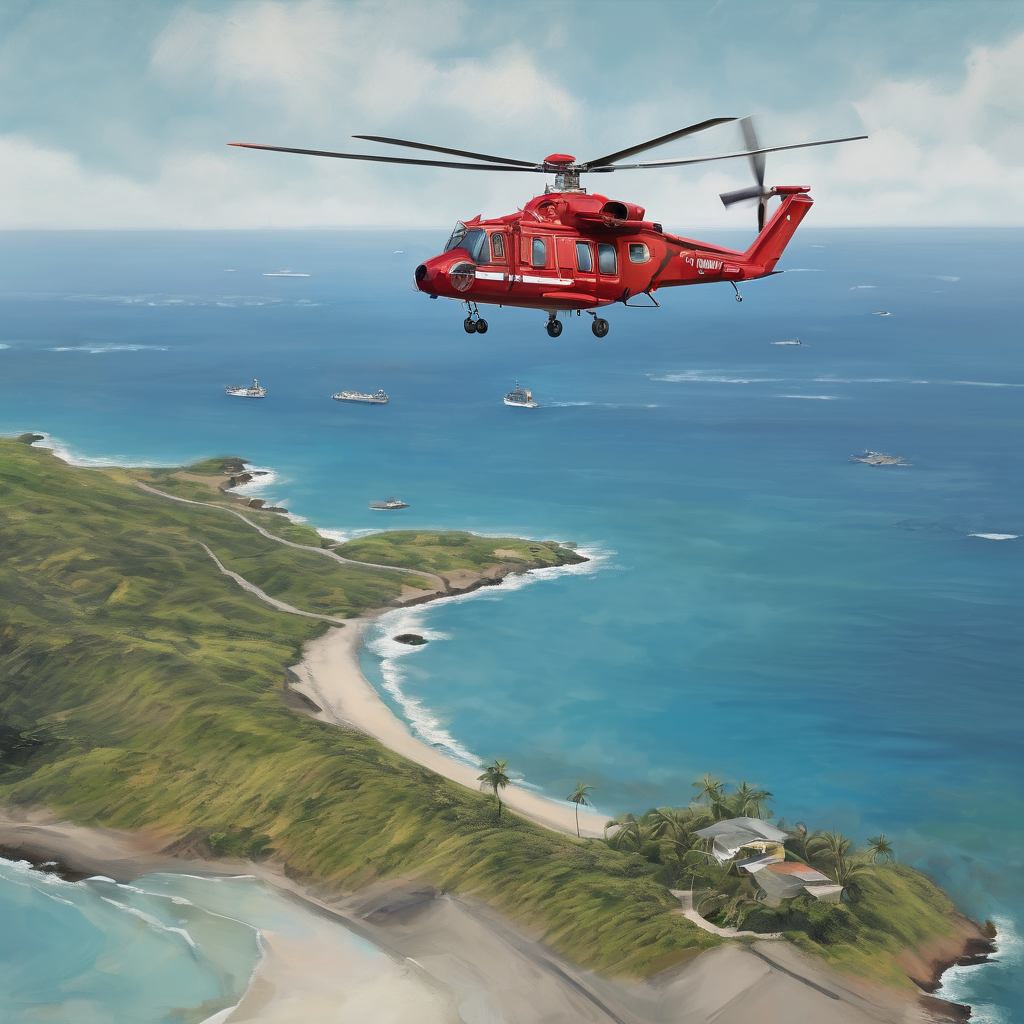The Pacific region is ramping up its capacity to respond to disasters through the Pacific Response Group (PRG), an initiative aimed at enhancing humanitarian assistance and disaster relief (HADR) capabilities across the Pacific. Established under the auspices of the South Pacific Defence Ministers’ Meeting (SPDMM), the PRG unites defense forces from multiple nations, including Australia, Fiji, France, New Zealand, Papua New Guinea, and Tonga, withChile participating as an observer.
The group serves as a pivotal regional asset, facilitating more effective military co-deployments and supporting civilian-led initiatives upon request from nations in crisis. Lieutenant Colonel Scott Hill, the commander of the PRG, emphasized that the creation of a permanent headquarters will significantly improve the response time and overall effectiveness when a Pacific neighbor is in need. The headquarters will be located in Brisbane, Australia, until July next year, before transitioning to New Zealand.
Each member nation brings valuable personnel with specialized skills in logistics, health, air and maritime planning, and communications—essential competencies for swift and coordinated disaster responses. This year, the group conducted its induction training at sea aboard the ADV Reliant, making the journey from Townsville to the Coral Sea with a strategic stop in Suva, Fiji. Lieutenant Colonel Hill noted that the at-sea training approach was a first, enhancing teamwork and readiness through the blending of diverse cultural and linguistic backgrounds.
Australian High Commissioner to Fiji, Peter Roberts, praised the PRG for exemplifying regional cooperation. He highlighted the capabilities of the ADV Reliant, which can deliver essential water, medical care, and emergency supplies across the Pacific, showcasing the group’s preparedness to coordinate swift responses to disasters.
Personnel involved in the PRG have expressed their satisfaction with the collaborative experience. Major Tadio Nariva from Fiji described it as a “great experience” working within a multinational environment, while Captain Hehea Lino from Tonga remarked on her deployment as an incredible opportunity to represent her country and inspire others.
As the frequency of natural disasters increases due to climate change, the Pacific Response Group stands out as a beacon of solidarity, ensuring that no Pacific nation has to address its vulnerabilities alone. The ongoing cooperation among Pacific nations displays a hopeful commitment that signifies a robust approach to disaster preparedness and resilience. This collective action promises to enhance the region’s ability to face future challenges, reinforcing the commitment to safeguard vulnerable communities across the Pacific.
